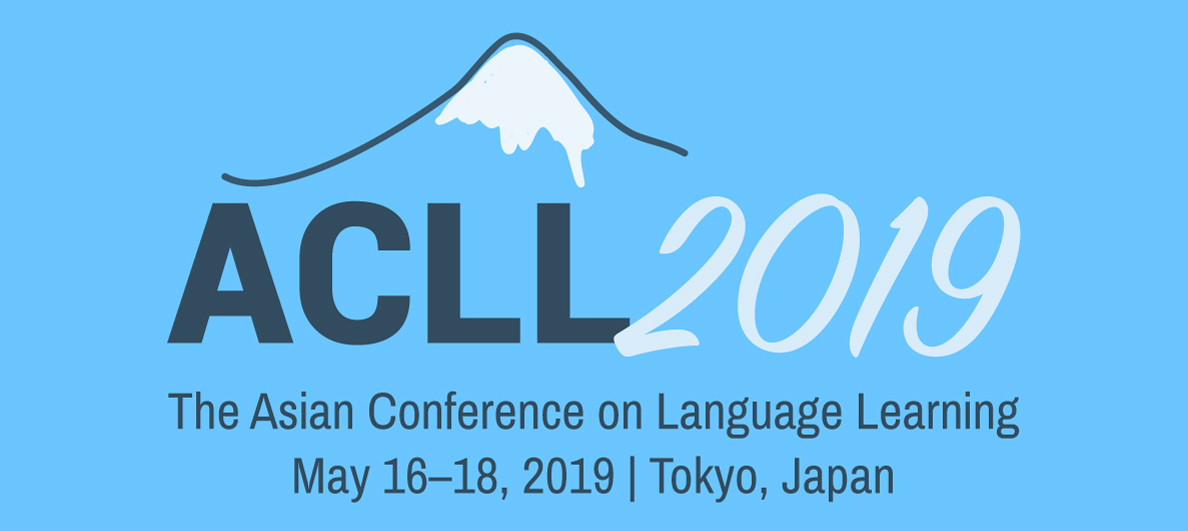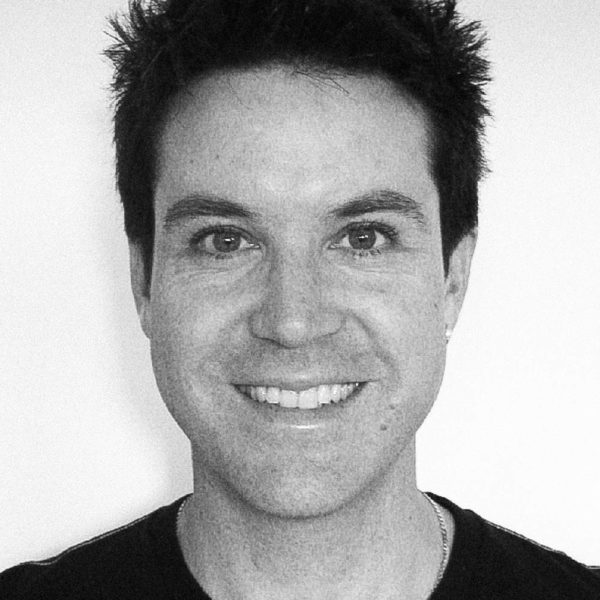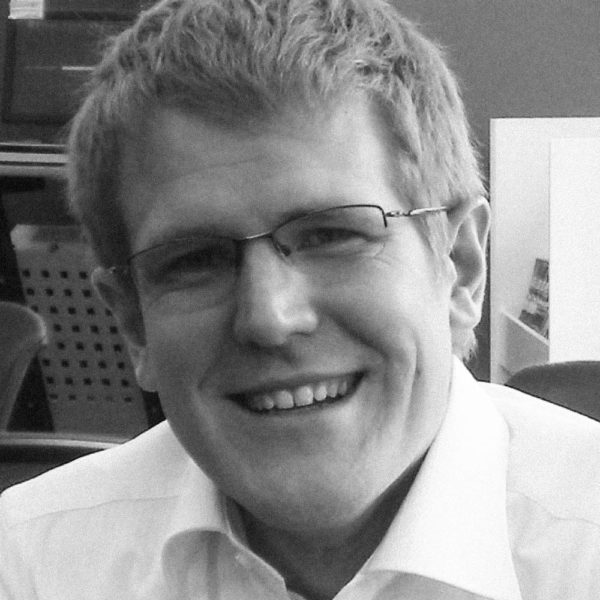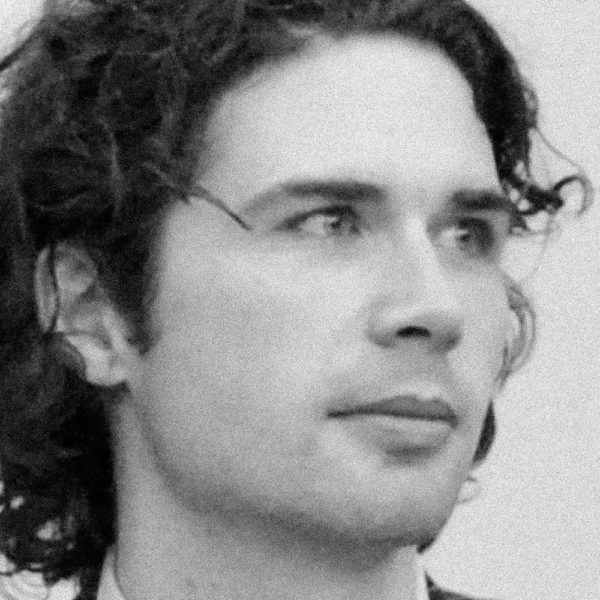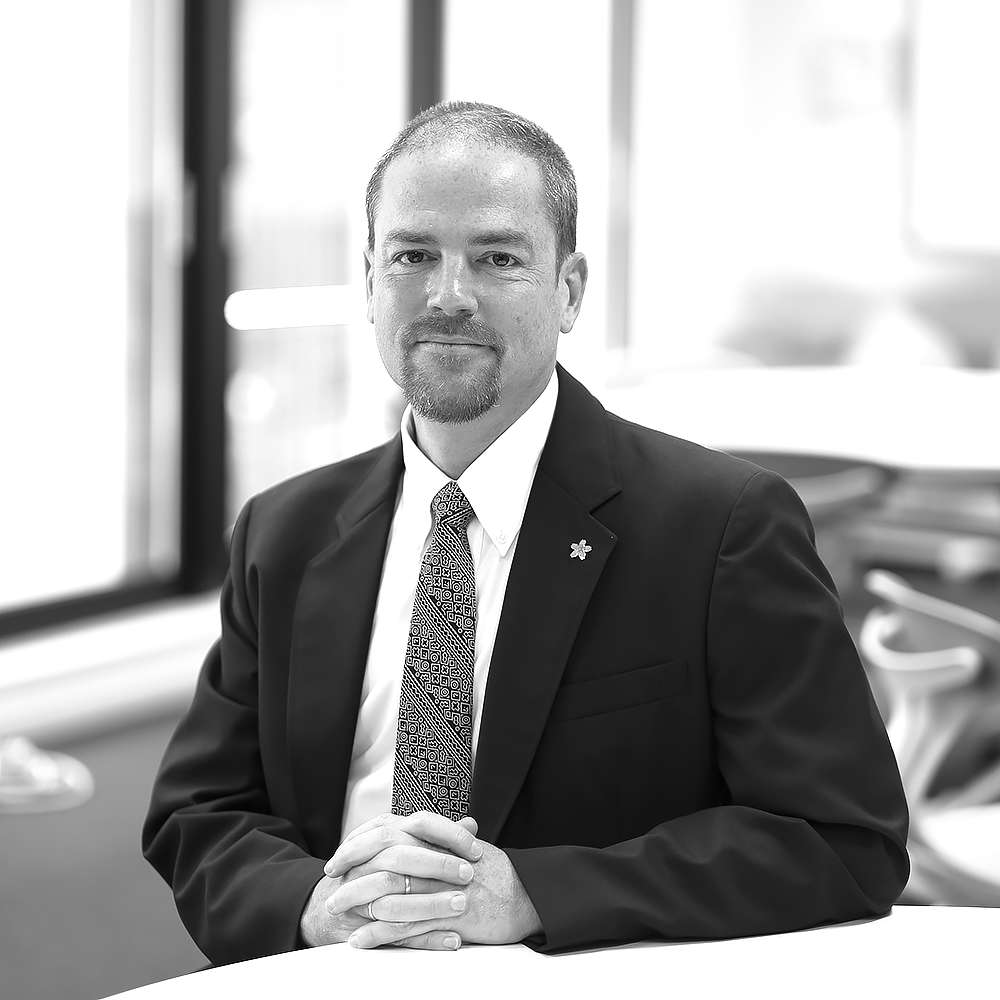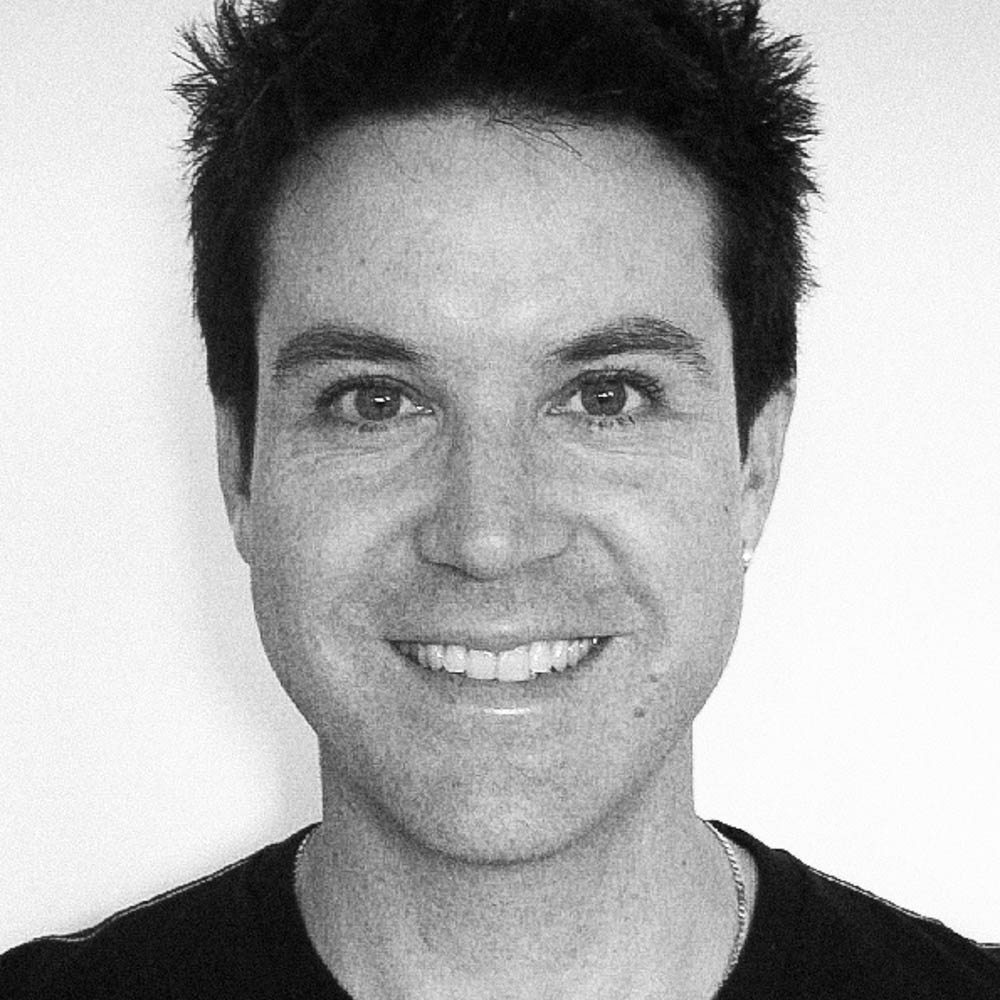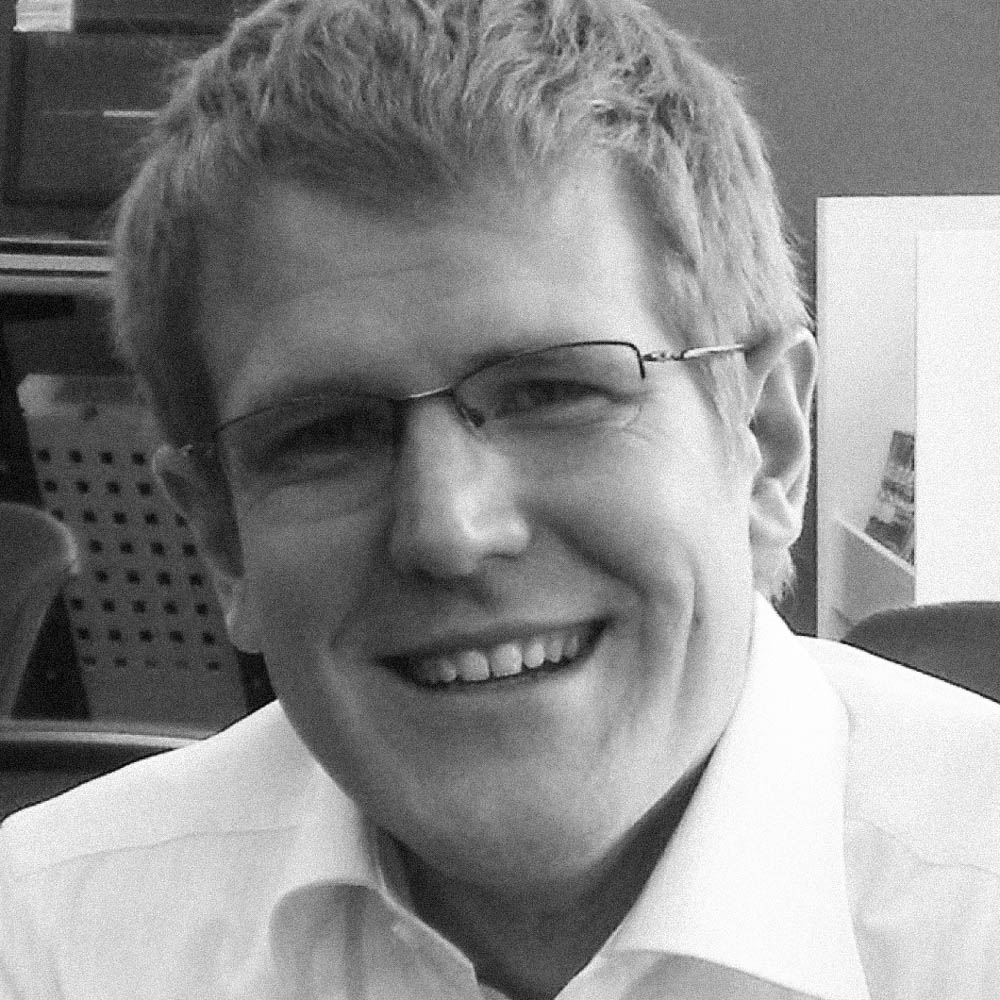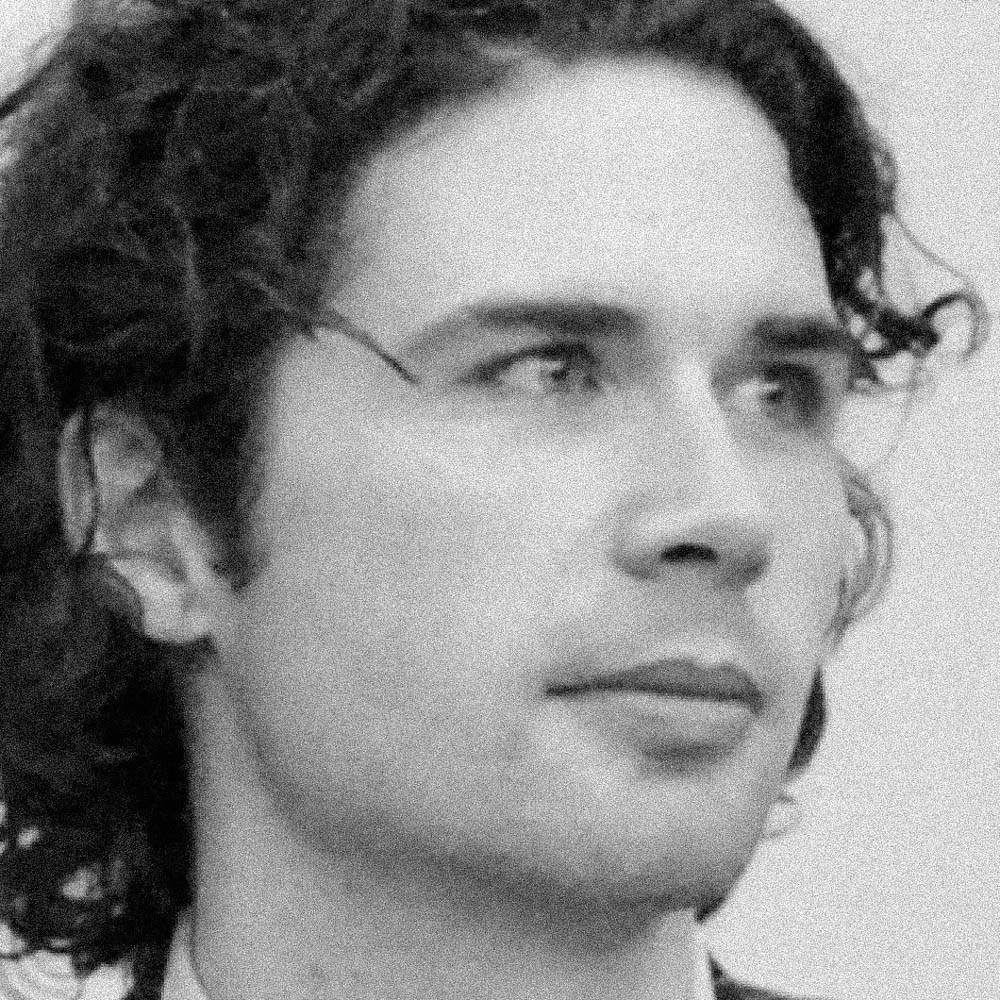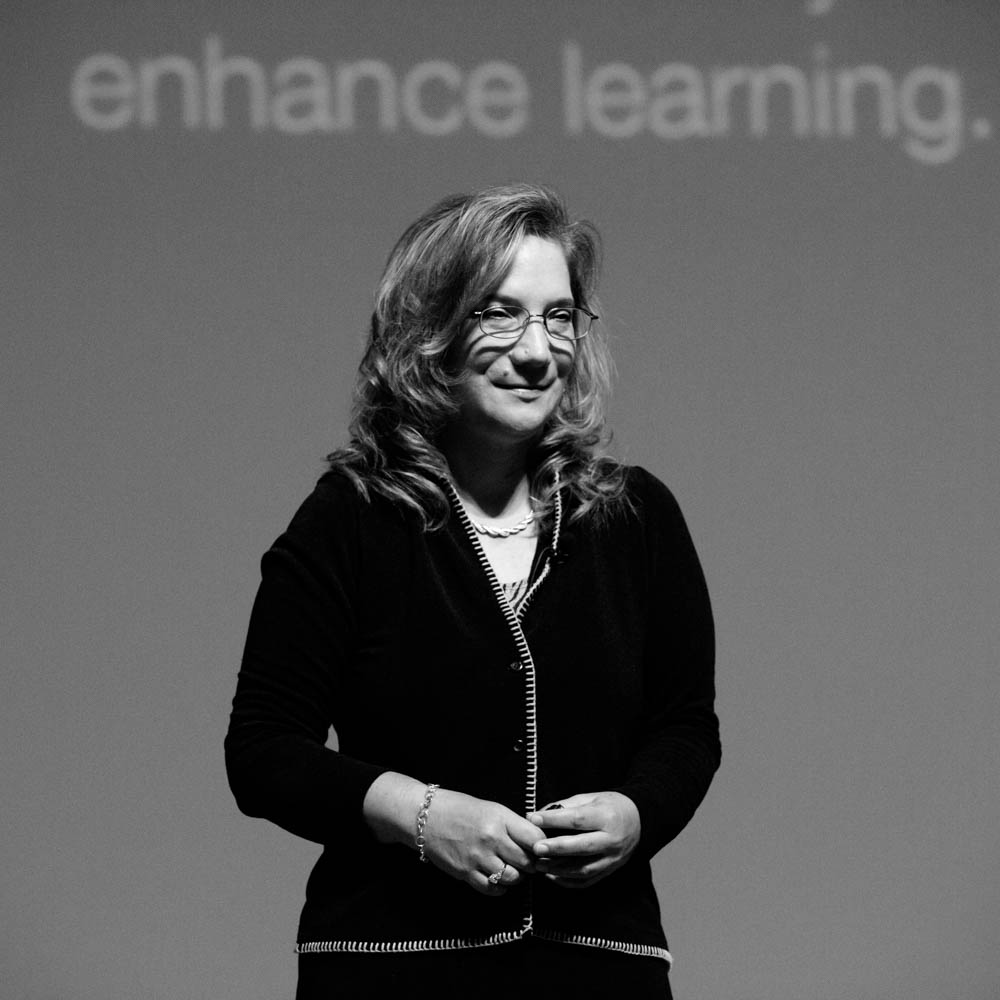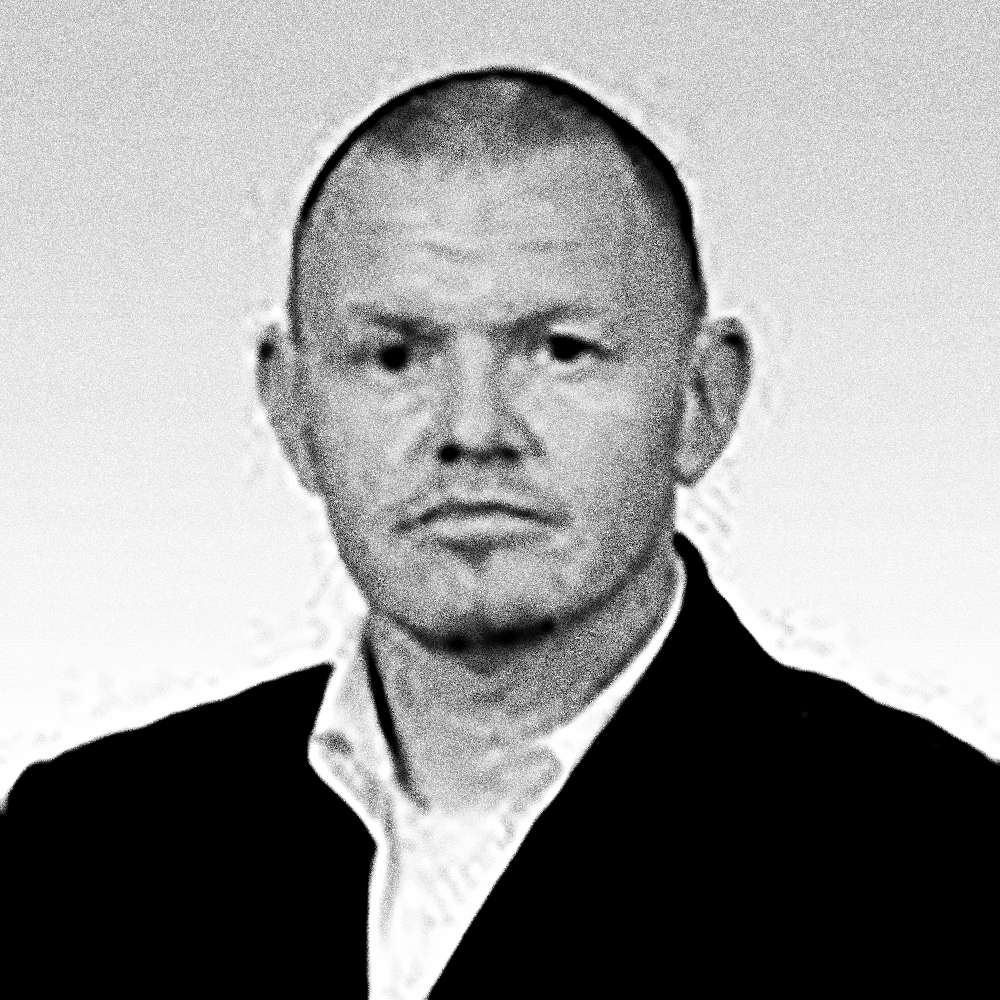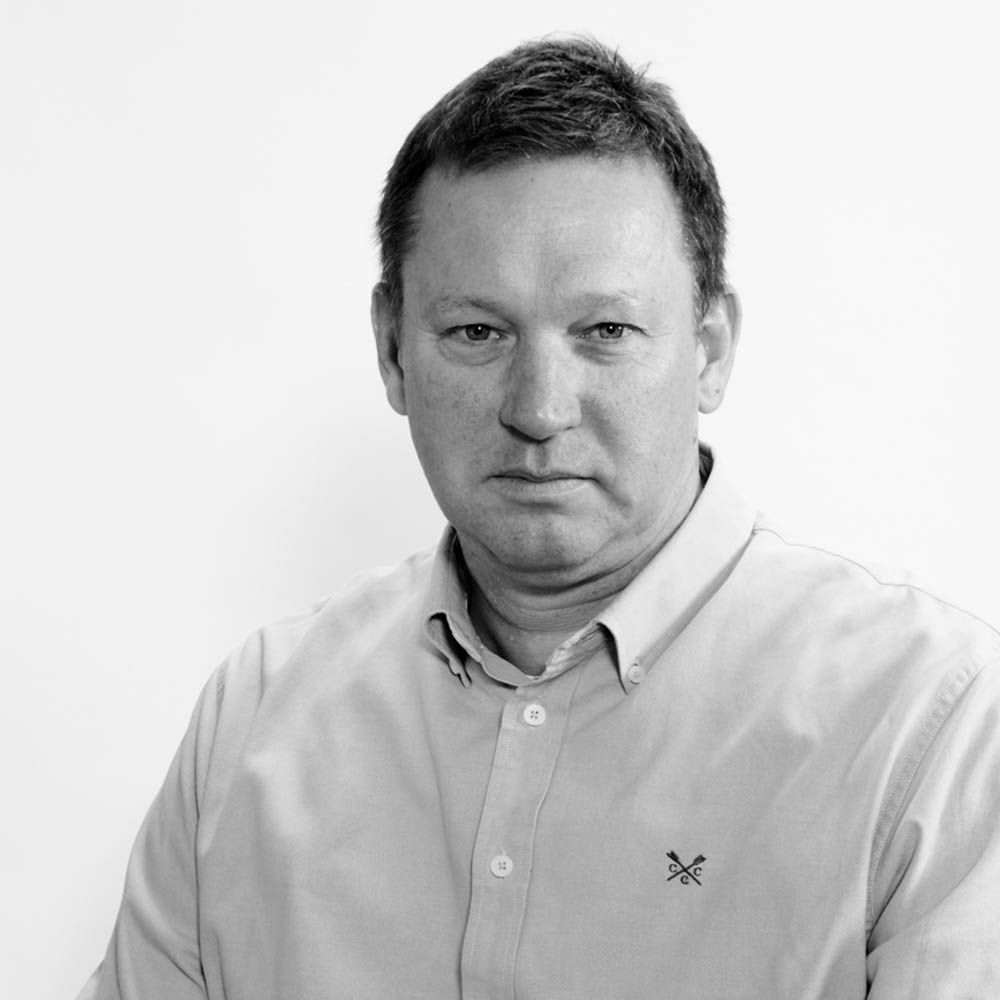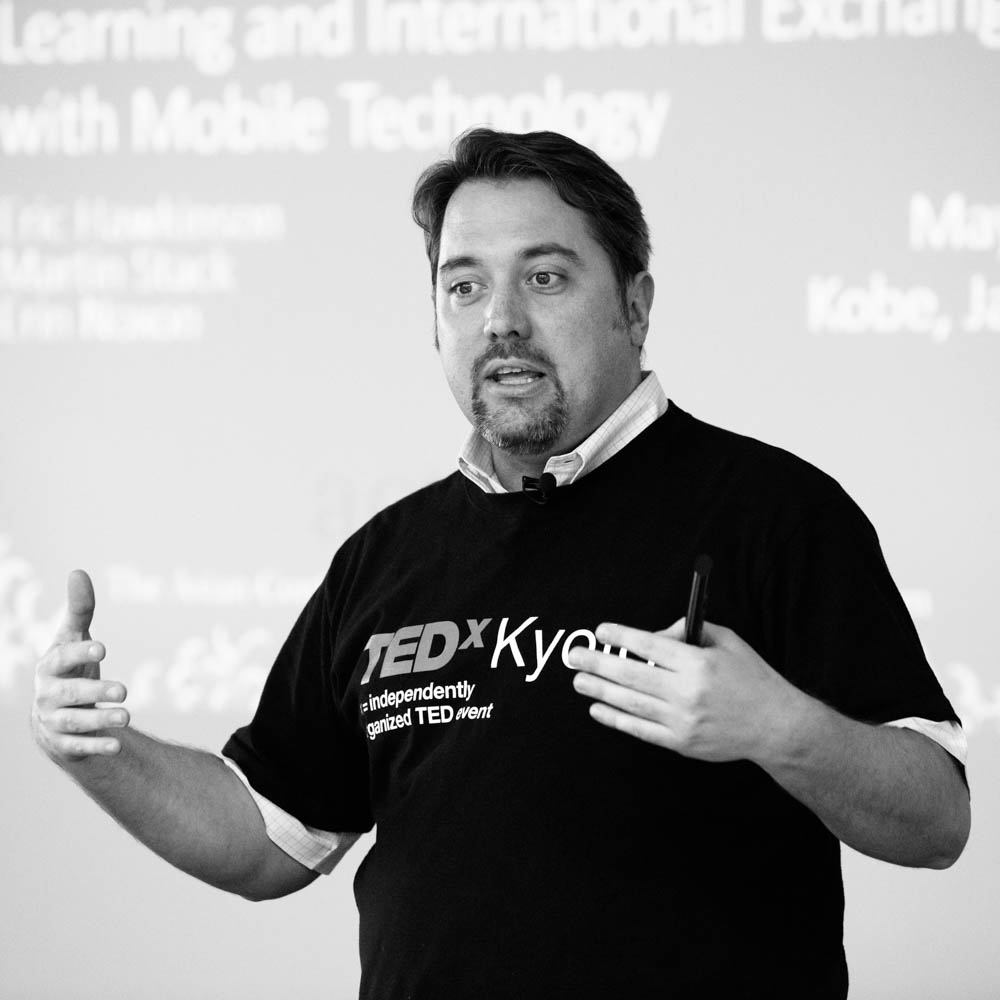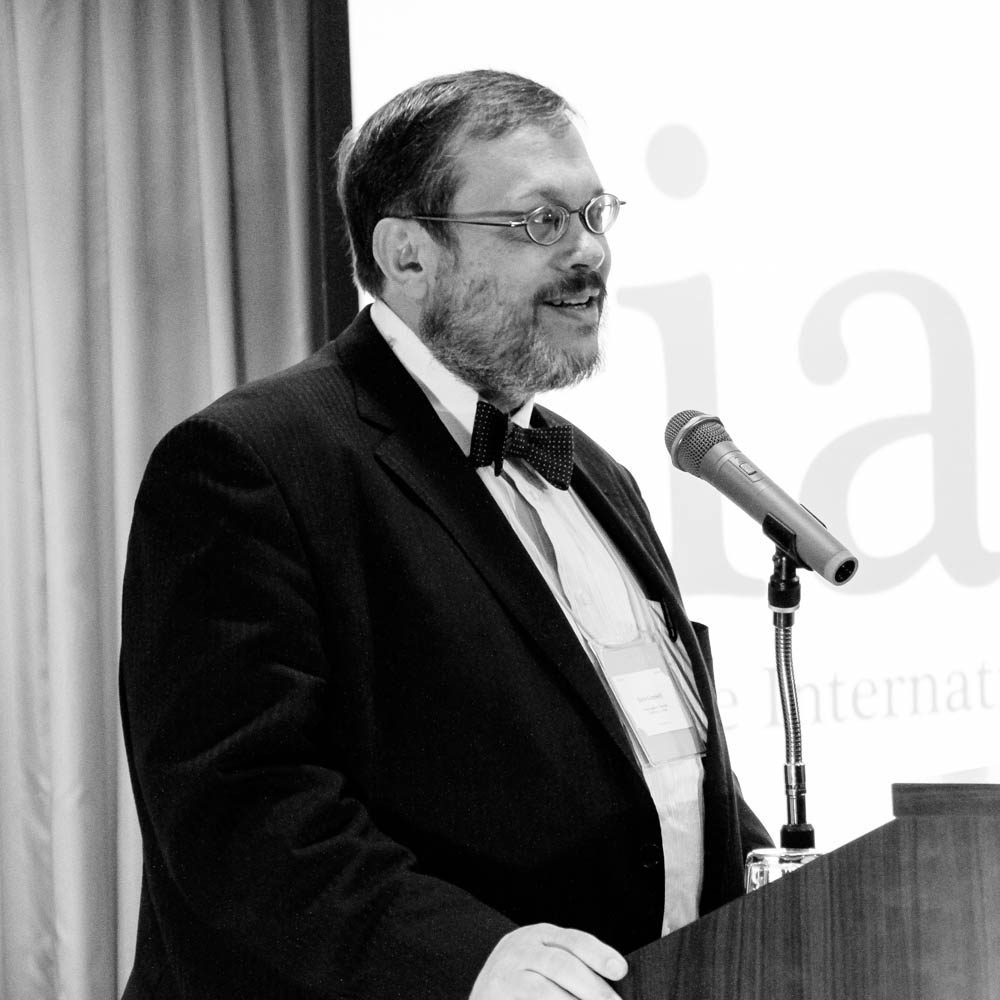- Conference Theme
- Conference Photographs
- Programme
- Speakers
- Organising Committee
- Review Committee
- ACLL2017 Conference Proceedings
- ACTC2017 Conference Proceedings
- ACLL2017 Abstracts
- ACTC2017 Abstracts
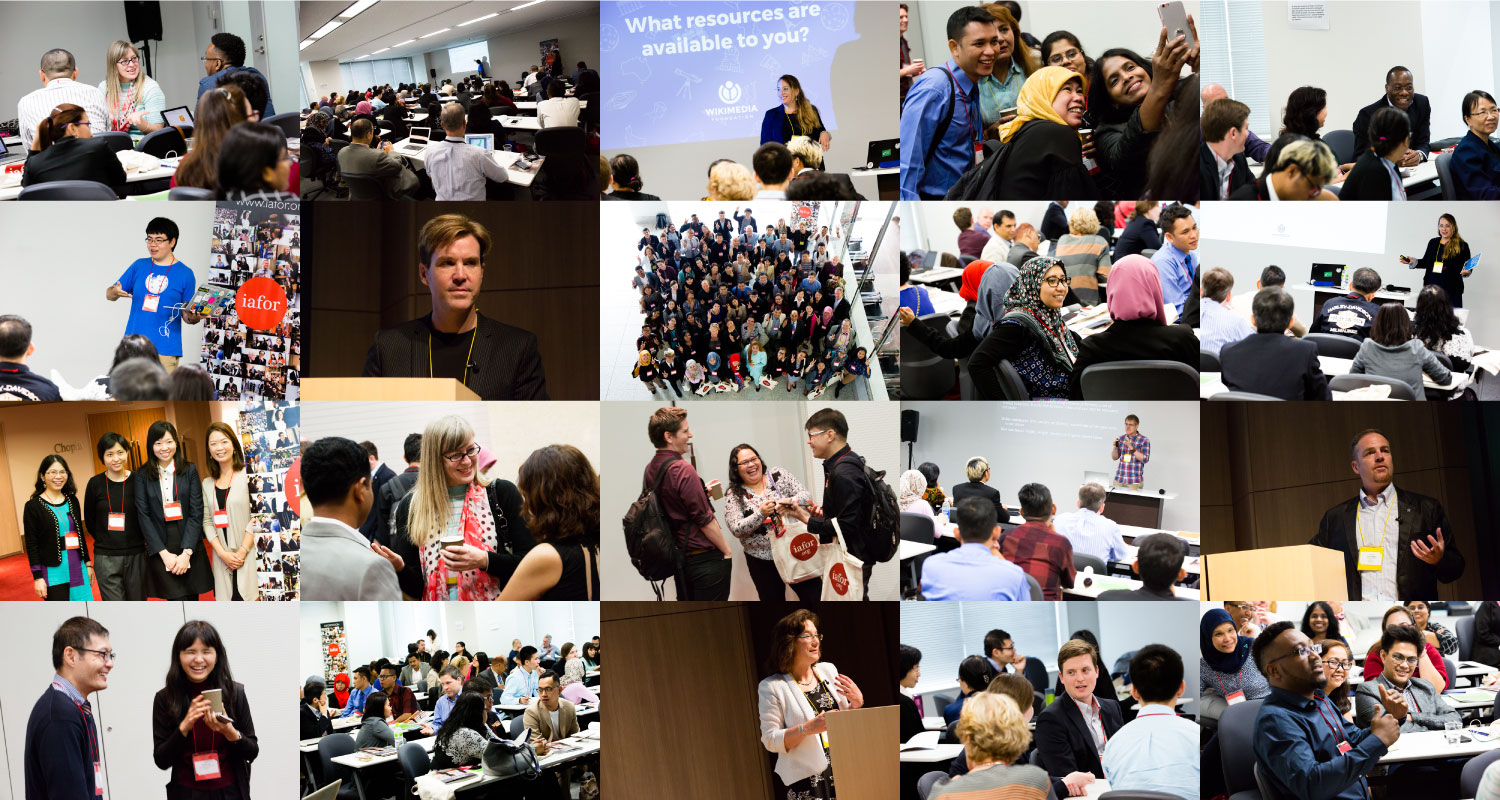
Photographs of ACLL/ACTC2017 in Kobe, Japan
Conference Theme: “Educating for Change”
May 11–14, 2017 | Art Center Kobe, Kobe, Japan
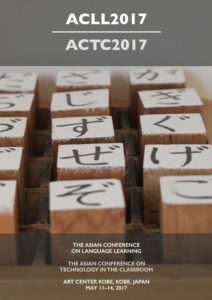
Whether we are looking at why we must change, how education has changed or even how education will change, change affects all of us involved in language education in many ways. Administrators, teacher trainers, teachers, students: we all wear many hats and we all come face-to-face with change, sometimes on a daily basis. Positive change is about improvement: improving proficiency, improving lives, helping learners achieve their goals and dreams and, ultimately, broadening horizons.
In our work as educators we are often asked to effect change – that we are change-makers can be seen in the new curriculums, new material, and even new techniques or methods that we develop. For those of us who conduct research, our research is often focused on finding “better” or more effective ways of teaching, often measured in outcomes such as “students entered with an average of X and improved to an average of Y”. In such a case, improvement = change. But change is also an area of research, as can be seen by looking at journals such as the Journal of Educational Change, Changes in Higher Education, Culture and Change, and Educational Research for Social Change, to mention four. It is a serious area of study, and one worth our attention.
The focus of the last journal mentioned above is worth looking at. Change is not only about test scores or proficiency going up. It is also about lasting change in one’s life, life choices, and looking beyond us as individuals to the society we live in. Social change and a focus on improving the societies we live in is another outcome of education. In recent years, there has been a focus on language and identity, as well as an embrace of sociocultural theory and language development.
At the same time change for the sake of change is not a good reason for change. There is often a tension between the status quo (which is not always bad) and the desire to change. As invested members of our field, we need to be able to examine change, identifying and applying that which is appropriate and will further our goals while also having the wisdom and gumption to reject change that does not make sense. As Dewey said, “Reforms which rest simply upon the enactment of law, or the threatening of certain penalties, or upon changes in mechanical or outward arrangements, are transitory and futile.”
And so we welcome you to this year’s conference, where we can examine change in ways that are important to each of us. What are its challenges, its complexities and its constraints? It is electrifying to think about the wide-ranging conversations we will have as we consider how we can go about educating for change the world over.
ACLL/ACTC2017 Conference Photographs
Human interaction is at the root of all knowledge creation, and hence the great importance of the conference in introducing, testing and spreading ideas through challenging, rigorous and thought provoking discussion and debate. But beyond that, a conference is also a great chance to meet people from around the world, and to extend and grow ones’s professional network, and above all, to make friends.
It may be impossible to tell the story of the conference, or rather the many hundreds of interlocking stories that go to make up the conference, but the documentary photography in this slideshow aims to give a taster of the more serious academic side of the event, as well as the lighter side…
[envira-album slug="acll2017-conference-photographs"]Programme
-
 Change in Japanese Tertiary Education: Implementing Content and Language Integrated Learning (CLIL) in JapanKeynote Presentation: Ted O' Neill
Change in Japanese Tertiary Education: Implementing Content and Language Integrated Learning (CLIL) in JapanKeynote Presentation: Ted O' Neill -
 Instructional Designers as Agents of Change: Facilitating the Next Generation of Technology-Enhanced LearningFeatured Presentation: Barbara Lockee
Instructional Designers as Agents of Change: Facilitating the Next Generation of Technology-Enhanced LearningFeatured Presentation: Barbara Lockee -
 Beyond web 2.0: Designing authentic mobile learning for everyday contexts in AsiaKeynote Presentation: Mark Pegrum
Beyond web 2.0: Designing authentic mobile learning for everyday contexts in AsiaKeynote Presentation: Mark Pegrum -
 How to Use Wikipedia as an Educational Tool in the ClassroomFeatured Presentation: Nichole Saad
How to Use Wikipedia as an Educational Tool in the ClassroomFeatured Presentation: Nichole Saad -
 Assessment Basics for the Language Classroom: A Crash Course in TestingFeatured Presentation: Brandon Kramer
Assessment Basics for the Language Classroom: A Crash Course in TestingFeatured Presentation: Brandon Kramer -
 Balancing Principles and Practicalities When Designing and Implementing a Vocabulary ProgramFeatured Presentation: Stuart McLean
Balancing Principles and Practicalities When Designing and Implementing a Vocabulary ProgramFeatured Presentation: Stuart McLean
Speakers
Organising Committee
The Conference Programme Committee is composed of distinguished academics who are experts in their fields. Conference Programme Committee members may also be members of IAFOR's International Academic Board. The Organising Committee is responsible for nominating and vetting Keynote and Featured Speakers; developing the conference programme, including special workshops, panels, targeted sessions, and so forth; event outreach and promotion; recommending and attracting future Conference Programme Committee members; working with IAFOR to select PhD students and early career academics for IAFOR-funded grants and scholarships; and overseeing the reviewing of abstracts submitted to the conference.
-
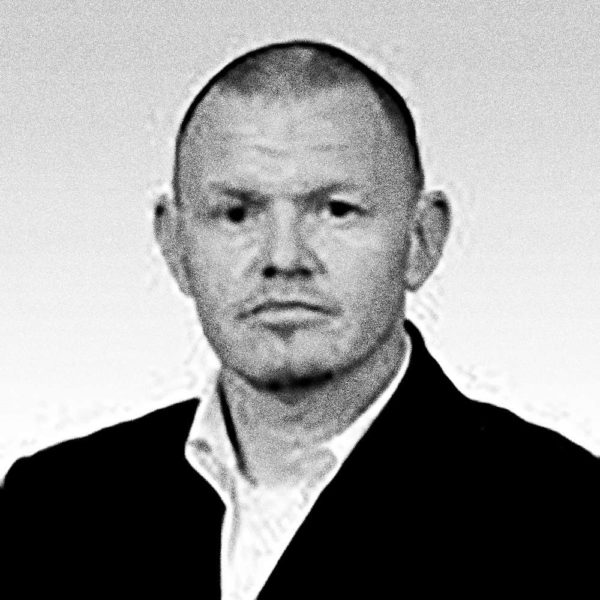 Sean O’ConnellNanzan University, Japan
Sean O’ConnellNanzan University, Japan -
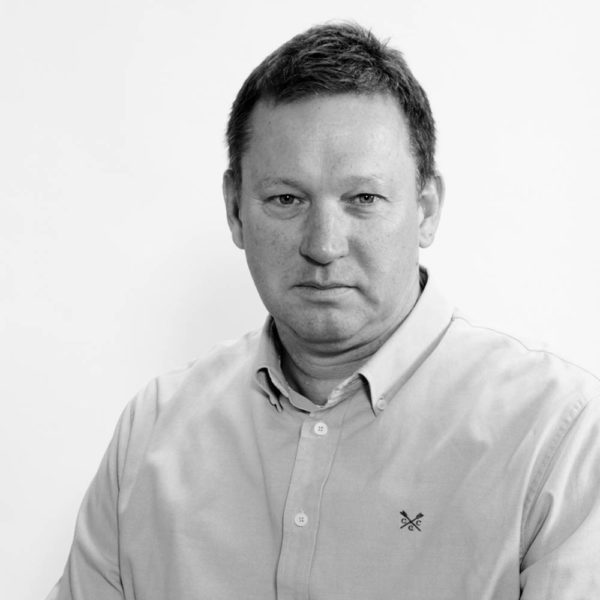 Neil McClellandUniversity of Kitakyushu, Japan
Neil McClellandUniversity of Kitakyushu, Japan -
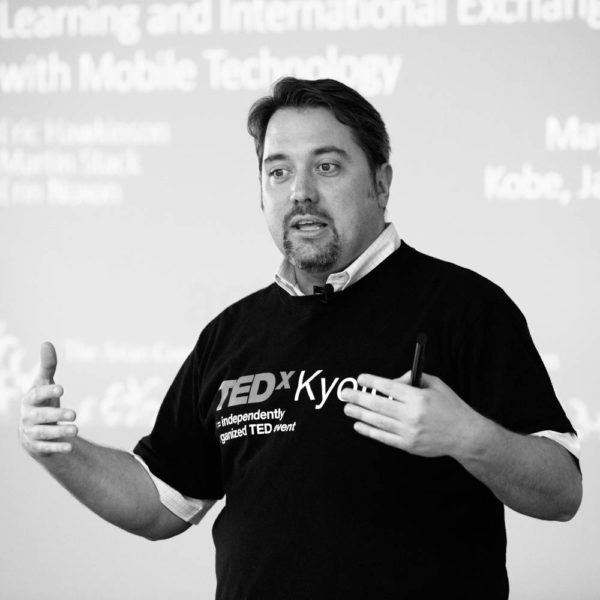 Eric HawkinsonThe University of Fukuchiyama, Japan
Eric HawkinsonThe University of Fukuchiyama, Japan -
 Joseph HaldaneThe International Academic Forum (IAFOR), Japan
Joseph HaldaneThe International Academic Forum (IAFOR), Japan -
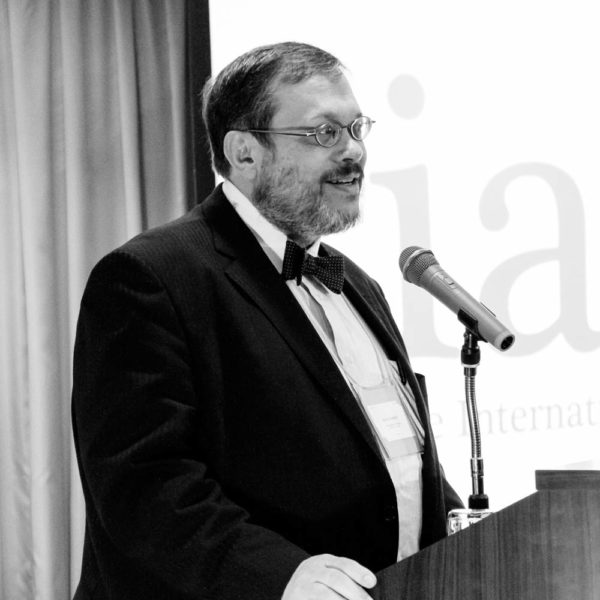 Steve CornwellThe International Academic Forum (IAFOR) & Osaka Jogakuin University, Japan
Steve CornwellThe International Academic Forum (IAFOR) & Osaka Jogakuin University, Japan -
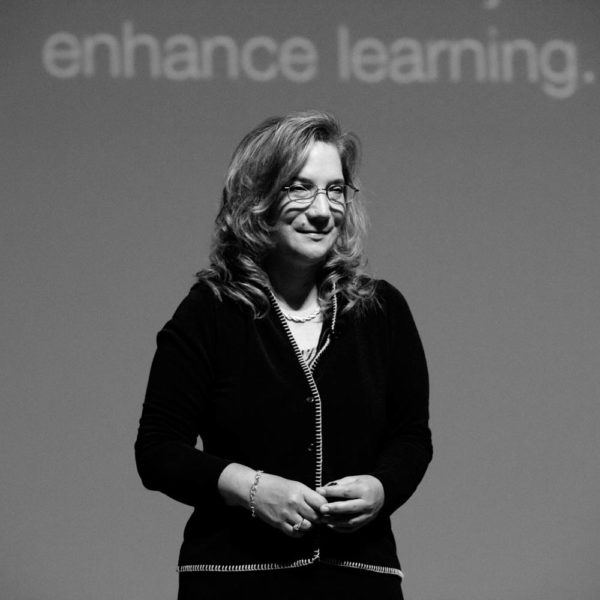 Barbara LockeeVirginia Tech., USA
Barbara LockeeVirginia Tech., USA -
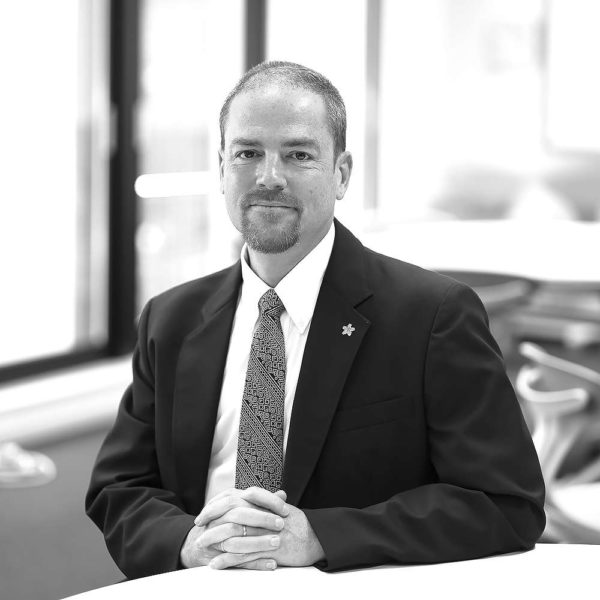 Ted O’NeillGakushuin University, Japan
Ted O’NeillGakushuin University, Japan
Review Committee
- Dr Amerrudin Abd Manan, Universiti Teknologi Malaysia, Malaysia
- Dr Arif Sariçoban, Hacettepe University, Turkey
- Professor Benny Lee, Sim University, Singapore
- Professor Chia-Ling Hsieh, National Taiwan Normal University, Taiwan
- Dr Daniel Velasco, Chicago School of Professional Psychology & Rikkyo University, Japan
- Dr David Litz, Emirates College for Advanced Education, United Arab Emirates
- Professor Djamiah Husain, State University of Makassar, Indonesia
- Dr Duc Huu Pham, Vietnam National University, Vietnam
- Dr Elena Prats, Kyoto University, Japan
- Dr Engku Haliza Engku Ibrahim, International Islamic University Malaysia, Malaysia
- Dr Hsiu-Ling Hsu, Kun-Shan University, Taiwan
- Dr Laleh Moghtadi, Islamic Azad University, Nourabad Mamasani Branch, Iran
- Dr Lucía Pintado-Gutiérrez, Dublin City University, Ireland
- Dr Ludwig Tan, Sim University, Singapore
- Dr Manizheh Alami, Salalah College of Technology, Oman
- Dr Michele Eduarda Brasil De Sá, University of Brasília, Brazil
- Dr Myrna Labesig-Macalinao, Leyte Normal University, The Philippines
- Dr Raees Unnisa, BSSS Bhopal, India
- Dr Saadia Elamin, Prince Sultan University, Saudi Arabia
- Dr Yin Ling Elaine Ng, Southern University of Science and Technology of China, China
- Dr Yun-Fang Sun, Wenzao Ursuline University of Languages, Taiwan
IAFOR's peer review process, which involves both reciprocal review and the use of Review Committees, is overseen by conference Organising Committee members under the guidance of the Academic Governing Board. Review Committee members are established academics who hold PhDs or other terminal degrees in their fields and who have previous peer review experience.
If you would like to apply to serve on the ACLL2019 Review Committee, please visit our application page.
